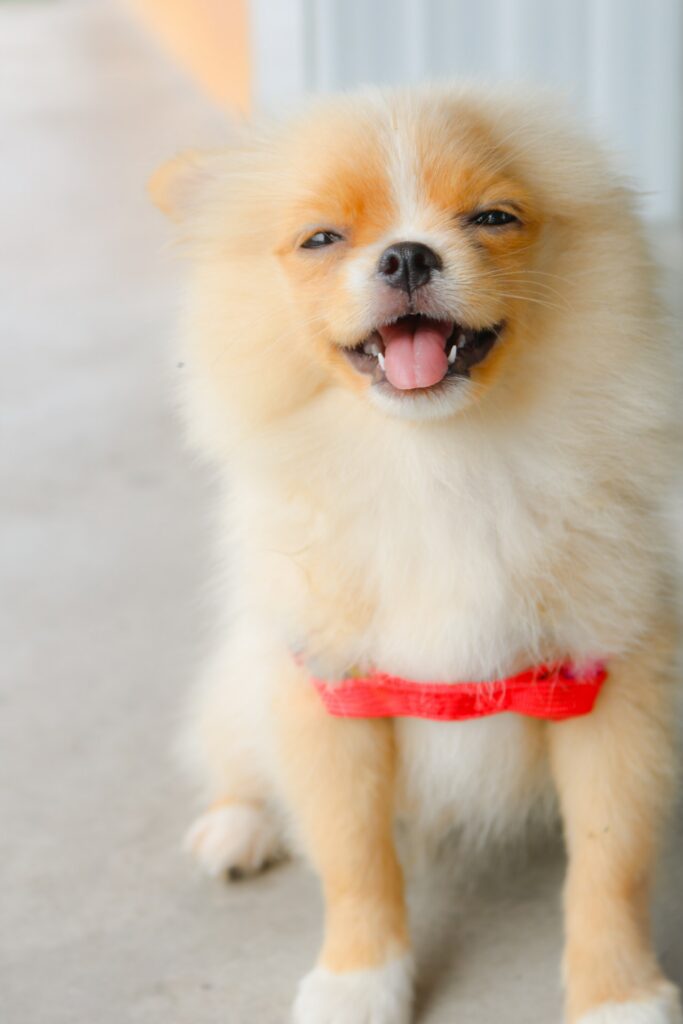How to Handle Accidents in Potty Trained Dogs – A Guide for Dealing With Bed Wetting
Are you dealing with a potty-trained dog who has had an accident on your bed? If so, this article is for you. Potty training can be tricky, and accidents are bound to happen along the way. But understanding why these accidents occur and how to handle them properly will help ensure that potty-trained dogs don’t develop any bad habits or continue to have issues in the future. In this article, we’ll discuss the importance of consistency, patience and understanding when potty training a dog, as well as provide tips on what steps to take after your potty-trained dog has peed on your bed. We’ll also explain potential causes for this behaviour and provide tips on preventing it from happening again. So if you’re looking for advice on potty training your pup or handling accidents in potty-trained dogs, read on!
Why Does a Potty-Trained Dog Pee on the Bed?
In many households, potty training is one of the biggest challenges a pet owner will face. Dogs are naturally clean animals and can be taught to use the bathroom outside like any human. However, despite their best efforts, even well-trained dogs can sometimes have accidents inside the home. One common issue is when a potty-trained dog pees on the bed. This can be incredibly frustrating and embarrassing for an owner, so it’s important to understand why this behaviour occurs to better prevent it from happening again in the future.
Common Causes of Potty-Trained Dog Peeing on Beds
Several factors could contribute to why a potty-trained dog may pee on beds. Below is a list of some common causes:
- Anxiety or Stress – Dogs can suffer from anxiety just like humans, which can lead to accidents in the house. Suppose your dog feels anxious or stressed out due to changes within the household or other environmental factors. In that case, it could lead him to urinate in inappropriate places, such as beds or furniture.
- Medical Reasons – Certain medical conditions, such as urinary tract infections, can cause dogs to have difficulty controlling their bladders and result in them relieving themselves indoors when they shouldn’t.
- Submissive Behavior – If your pup has been conditioned through punishment or corrections during toilet training, they may resort to peeing on beds as a form of submissive behaviour if they feel threatened or scared by their owners.
- Age – Older dogs may suffer from age-related issues that make it difficult to control their bladders and thus lead them to pee in inappropriate places, including beds and furniture.
- Marking Territory – Male dogs may mark territory by urinating, including beds and furniture, if they don’t regard these items as belonging solely to you.
Preventative Steps To Avoid Potty-Trained Dogs Peeing On Beds
Now that we understand some of the reasons why a potty-trained dog might pee on beds, let’s look at what steps we can take to prevent this from happening again in the future:
- Increase Exercise – Exercise helps release endorphins which act as natural stress reducers for dogs, so ensuring your pup gets enough exercise will help keep him calm and reduce his chances of having an accident inside your home.
- Create A Positive Training Environment – You must reward good behaviour instead of punishing bad behaviour when it comes to toilet training your pup, as this will create a positive association with going outside and avoid any possible submissive behaviours he might exhibit due to behavioural corrections imposed on him during toilet training sessions.
- Schedule Vet Visits – If any underlying medical issues cause bladder control problems, you should schedule regular vet visits with your pet’s doctor to detect any issues early before they become more serious health concerns.
- Change Environment – If marking territory is causing your pup to relieve himself indoors, then changing his environment slightly by rearranging furniture or adding new items into his living space might help break up any existing scent markers he may have left behind.
Conclusion
Potty training is one of those things all pet owners face at some point or another, but unfortunately, even well-trained pups can still slip up now and then, especially with something like peeing on beds. By understanding some of these common causes we discussed above, such as anxiety, medical issues, submissive behaviours etc., along with taking certain steps such as increasing exercise levels, creating positive toilet training environments etc., owners should hopefully be able to find solutions which work best for them when dealing with potty trained dogs who occasionally pee on beds.
Do you want peace of mind knowing that your potty-trained pup is safe and secure? Look no further than furrr.co.uk! With a comprehensive plan tailored to your pet’s specific needs, our policies provide coverage against accidents, illnesses, vet bills and more, so you can be sure your potty-trained pooch is always taken care of. Get started today with furrr.co.uk – the perfect way to insure your potty-trained pup!










